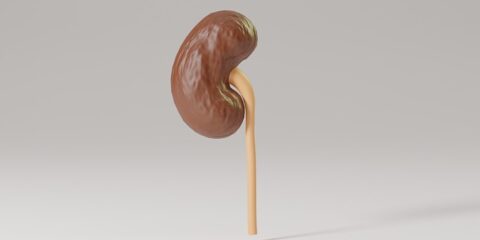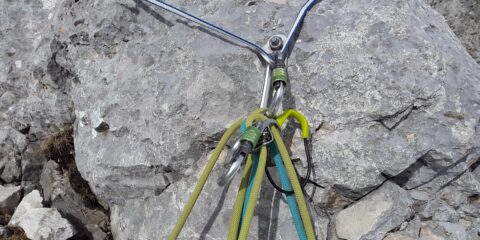There are five bad habits to accelerate renal failure. Let’s see how many of you have. If many people are not already diagnosed with kidney disease and are crazy about overdrawing their bodies, there are five bad habits that must be changed in time.
First: staying up late for a long time has some negative effects on the body:

1. They are prone to cardiovascular and cerebrovascular diseases. People who often stay up late are always in a tense state of mind and body, and can not relax mentally and physically, which may affect the vasoconstriction function of blood vessels, causing dizziness and elevated blood pressure. In recent years, the continuous increase in the incidence of cardiovascular and cerebrovascular diseases has a certain relationship with staying up late;
2. Affects vision. Long-term staying up late and overuse of eyes will directly lead to impaired visual function;
3. Induce cervical and lumbar diseases. Long-term staying up late, especially for people who sit and stand for a long time, may lead to cervical and lumbar compression or premature degeneration;
4. Induce gastrointestinal diseases, such as gastric ulcer, stomachache, gastric bleeding, functional dyspepsia, duodenal ulcer, etc.
Second: If you take nephrotoxic drugs for a long time, the following drugs will cause nephrotoxicity:
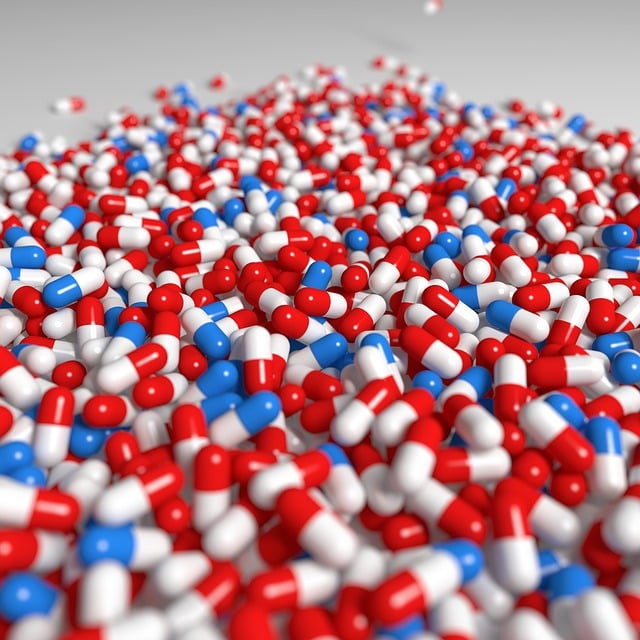
It is clear that the drugs with nephrotoxicity include aminoglycosides, amphotericin B, and polypeptides (vancomycin, polymyxin) antibiotics, which can directly damage renal tubular epithelial cells. Drugs that indirectly cause kidney damage, such as sulfonamides and methotrexate, can increase the formation of kidney stones; β Lactam antibiotics (penicillin, cephalosporins), rifampicin, methylthiouracil, hydrabendazine, etc. can cause kidney damage due to immune reaction; Other drugs such as diuretics, ACEI and NSAIDs can cause kidney damage by influencing renal hemodynamics. In addition, contrast agents, mannitol, etc. can damage the kidney due to high permeability; Cyclosporine, mitomycin, 5-fluorouracil, oral contraceptives, etc. can cause microvascular renal damage, similar to the hemolytic uremic syndrome.
The third is smoking, smoking is not good for the kidneys, and there are many hazards to the body.
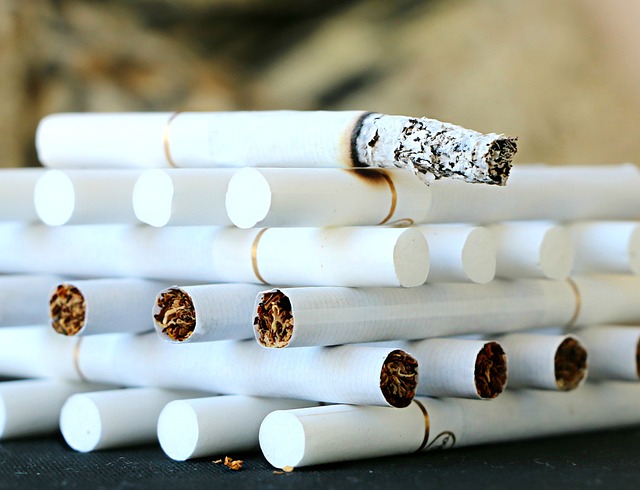
1. Damage to the respiratory system: toxic gases and particles in tar enter the lungs with smoking and damage the lungs, which not only increases the risk of lung cancer but also increases the risk of pneumonia, bronchitis, and emphysema. Research shows that smokers are prone to the common cold and flu.
2. Damage to the cardiovascular system: Smoking will greatly increase the risk of stroke, heart disease, aortic aneurysm, sudden death, and other cardiovascular diseases. It also increases the risk of peripheral vascular disease (poor blood circulation) and arteriosclerosis and reduces the content of high-density lipoprotein.
3. Damage to muscle and bone system: smoking is related to female osteoporosis. Smoking makes the body thinner, and smoking makes women’s menopause earlier, both of which are factors leading to osteoporosis.
4. Other effects: Smokers have a high risk of gastric ulcers. Smokers often suffer from cataracts and macular degeneration, which is the main cause of blindness in the elderly. Research shows that smokers are more likely to have wrinkles than non-smokers, and the wrinkles are deeper.
Fourth: sedentary, sitting, sedentary has the following harm to the body:

The hazards of sitting include affecting the digestive system, compressing the sciatic nerve, causing blood obstruction of the lower limbs, and causing insufficient blood supply. The specific contents are as follows:
1, affect the digestive system: sitting for a long time will affect the digestive system, sitting for a long time leads to slow gastrointestinal peristalsis, reduce digestive juice secretion, cause indigestion and constipation, will also cause irritation and harm to the intestinal mucosa, try to avoid sitting for a long time.
2, compression of the sciatic nerve: sitting for a long time will also affect the sciatic nerve and lumbar disc, resulting in numbness of the lower limbs, but also lead to lumbar disc herniation, causing lumbar pain, it is recommended to exercise more, to avoid sitting for a long time.
3, cause blood obstruction in the lower limbs: sitting for a long time will also lead to blood obstruction in the lower limbs, causing venous embolism or capillary blockage.
4, lead to insufficient blood supply: sitting for a long time will also cause insufficient blood supply and poor blood supply, easy to induce cerebrovascular insufficient blood supply, cause cerebrovascular and heart diseases. It is suggested to work for a while to stand up and move around.
Fifth: A diet high in salt and protein has the following hazards:
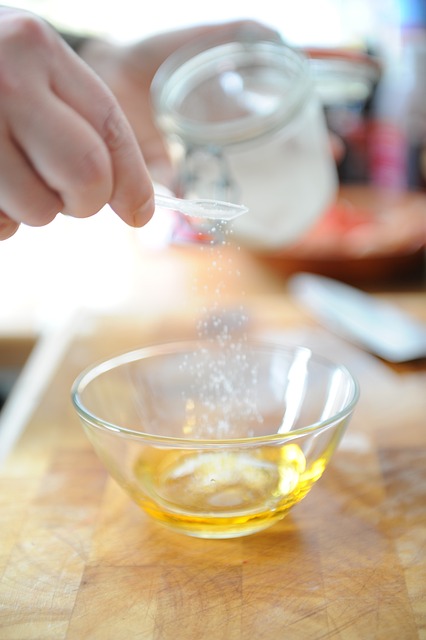
1. Hypertension
Research data show that excessive salt can induce hypertension. When the human body ingests excessive salt, in order to maintain body fluid balance, the body’s extracellular fluid will increase, blood volume will increase, and blood pressure will therefore become higher. In addition, research data shows that northerners generally have a heavy taste, and the probability of hypertension in northerners is generally higher than that in southerners.
2. Osteoporosis
The sodium ion in the salt will compete with the calcium ion in the body to increase the excretion of calcium. In addition, the sodium salt will stimulate the secretion of parathyroid hormone, destroy the balance of bone metabolism, and then osteoporosis will occur.
3. Damage kidney
Most of the salt ingested by the human body will be excreted in the form of urine through the kidney. Excessive salt consumption will increase the burden on the kidney, and the kidney function will be damaged over time.
4. Gastric cancer
High-salt food can also damage the gastric mucosa. People who eat too much salt for a long time are prone to gastritis and gastric ulcer. In addition, if people eat too much-pickled food, the nitrite hydrochloride contained in the pickled food will cause gastric cancer.
5. Increased respiratory disease
Long-term high-salt food will reduce saliva secretion in the mouth, reducing the antiviral and antibacterial capacity of the respiratory tract, so people with high-salt food are more likely to suffer from various respiratory diseases.
6. Diabetes
Salt can stimulate the activation of amylase, accelerate the digestion of starch, accelerate the absorption of glucose released by the small intestine, and then lead to the rise of blood sugar in the body. Therefore, it is generally recommended that people with diabetes should control their salt intake.
7. Cardiovascular disease
A high salt diet will lead to a vascular diet, and people with a long-term high-salt diet are more likely to suffer from cardiovascular disease.
8. Obesity
A high salt diet will lead people to eat more high-fat food, increasing the risk of obesity.
These are the eight hazards of a high-salt diet. A high salt diet does great harm to the body. If you want to have a long and healthy body, you should eat a light diet from now on. It is generally recommended that healthy people should not consume more than 6 grams of salt every day. If it is hypertension, diabetes, or cardiovascular disease, the daily intake of salt should be less.
The above 5 items are not only the most harmful to the kidneys, but also have many disadvantages to the whole body. Develop good living habits, have a healthy body and enjoy a better life.
This article is only for health education, reference, and study, and should not be used for self-diagnosis, and cannot replace medical examination, treatment, prescription, or other medical advice.




